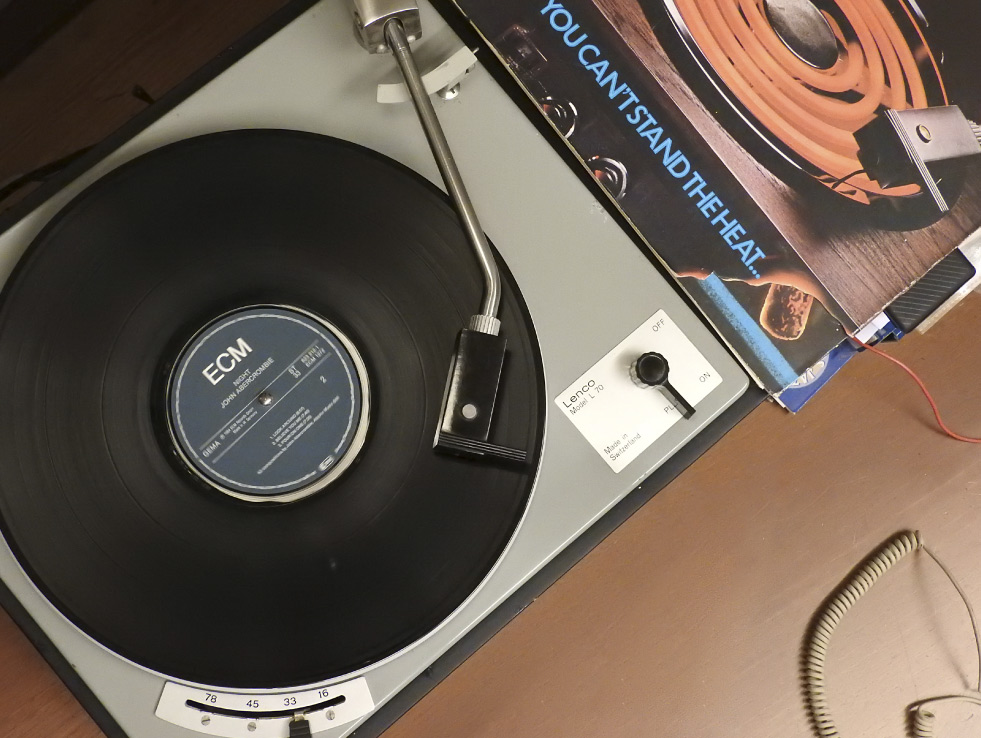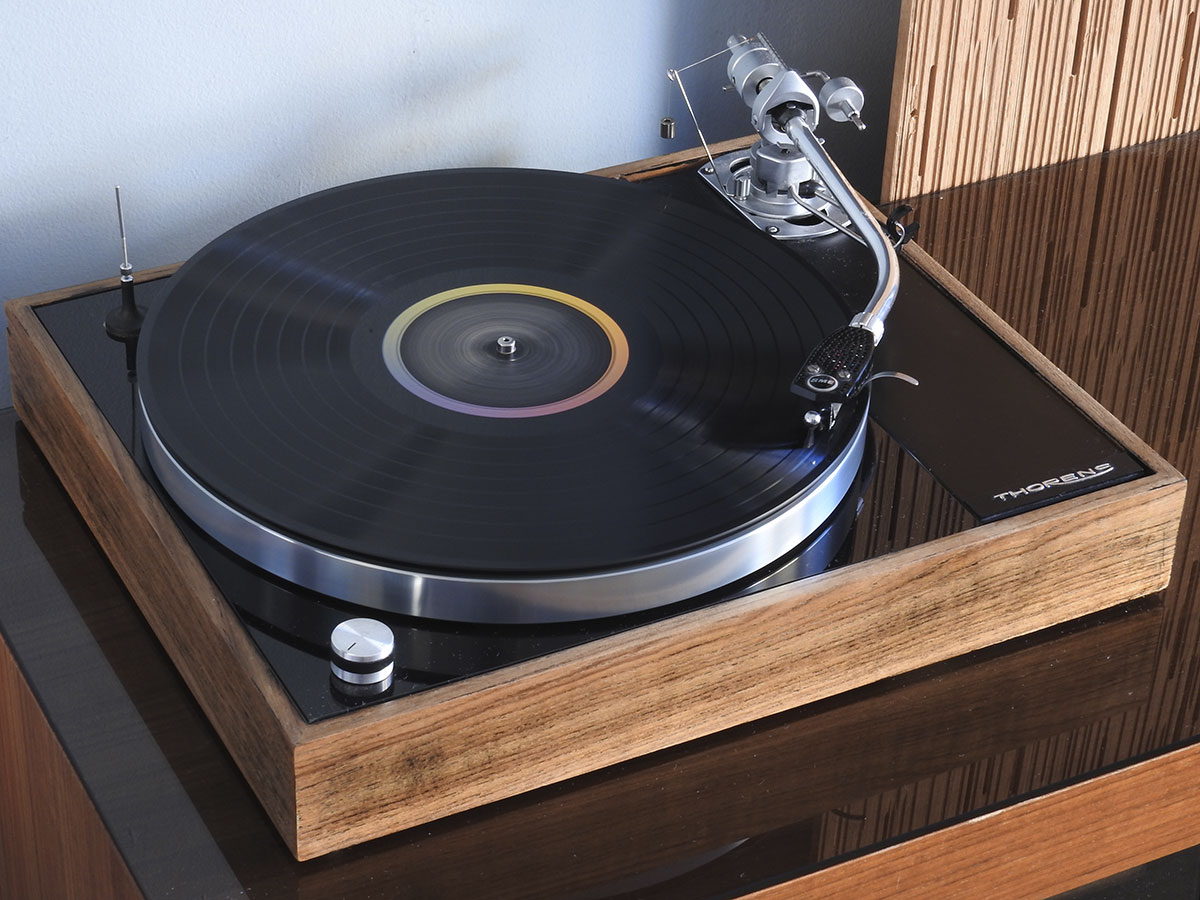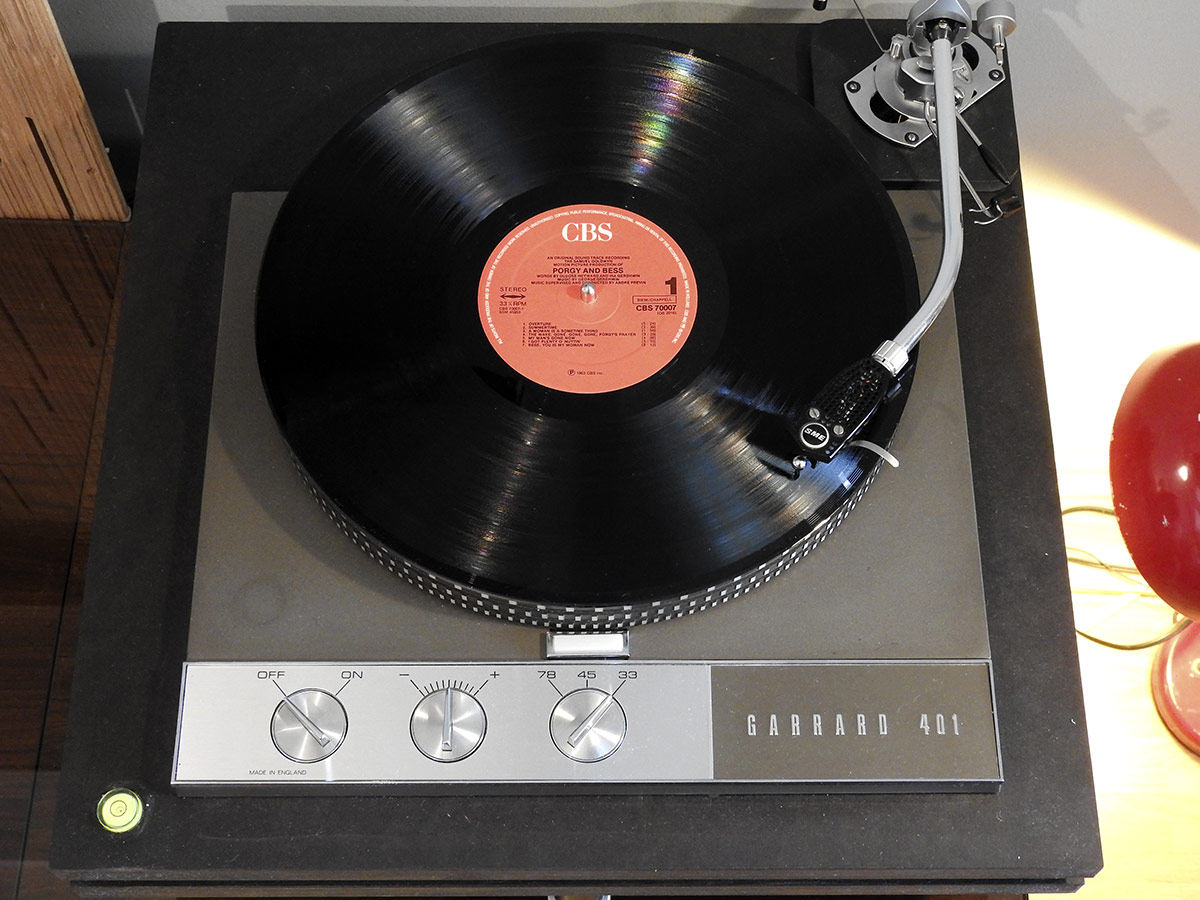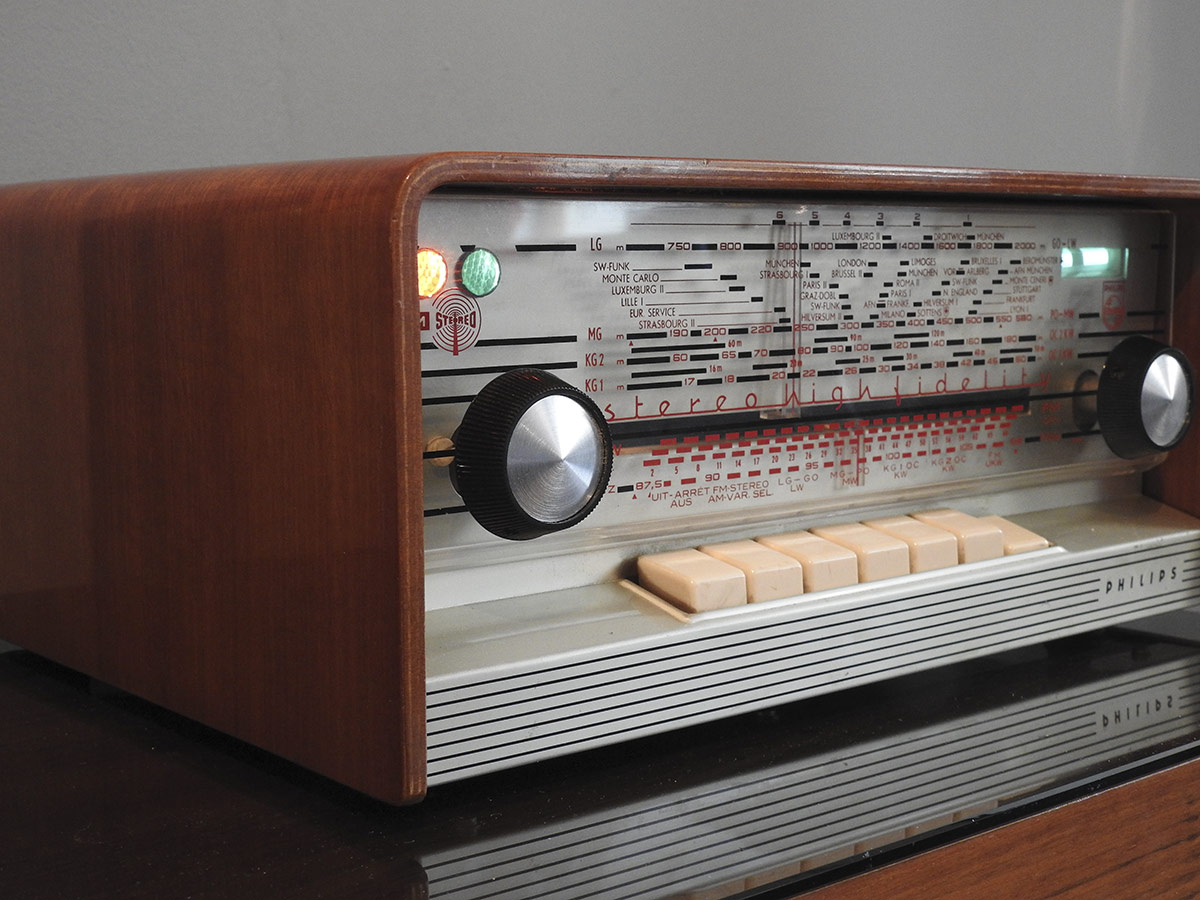LENCO L70 Idler Driven turntable
Swiss Made in the Sixties, heavy platter sturdy and reliable mechanic also for a broadcast use. The tonearm is a 9 inch version, with the same geometry of the SME 3009, the counterweight is dinamically controlled by 2 springs. BBC mounted the Arm on the Thorens TD 124 The speed can be continuosly varied thanks to a clever conical axis. On the picture the same arm on a famous abum from the Status Quo (probabilly branded Goldring for certain Countries).




